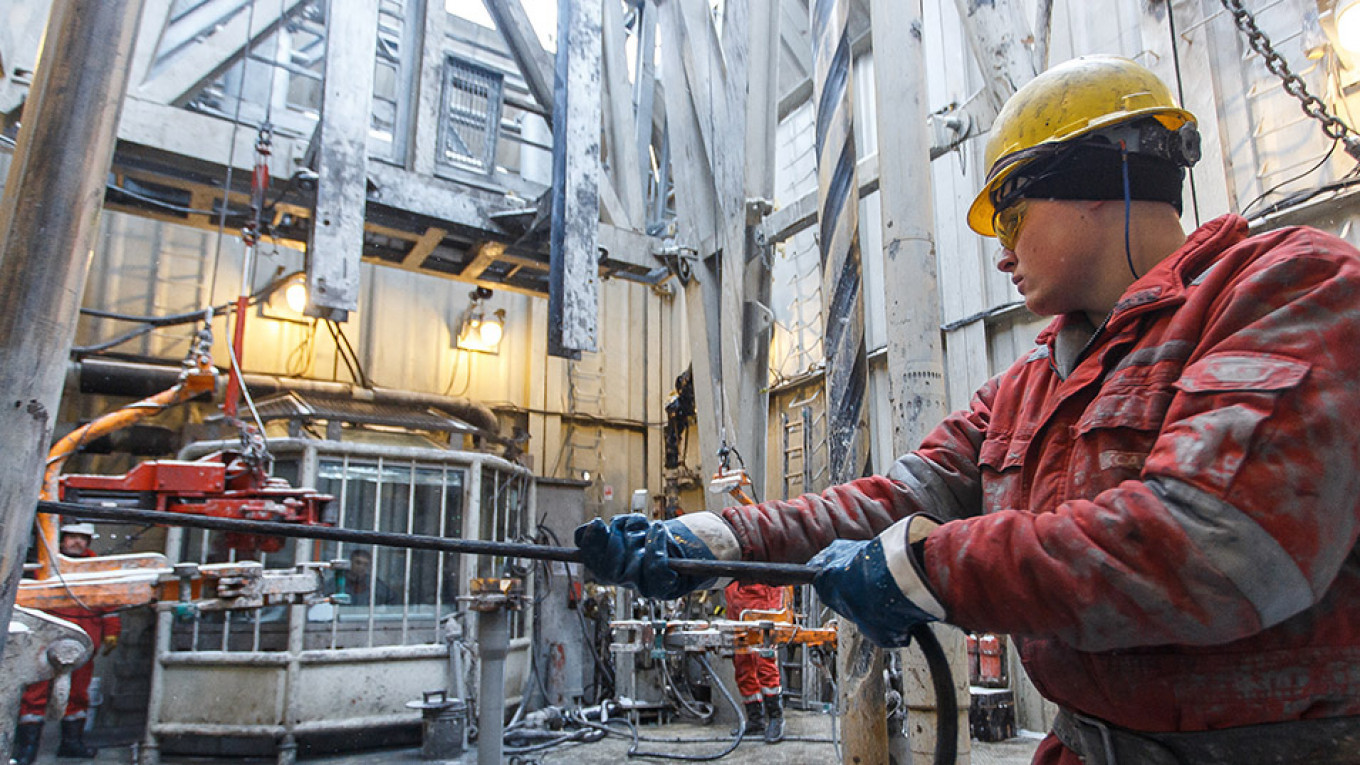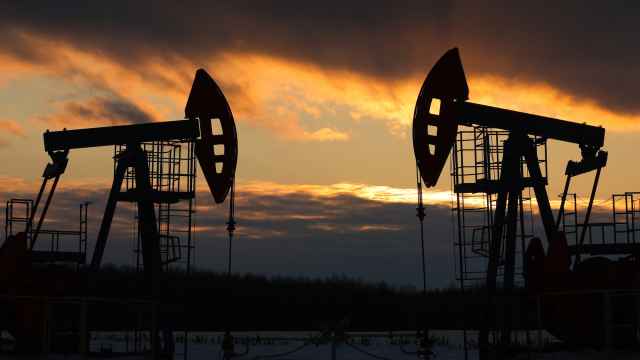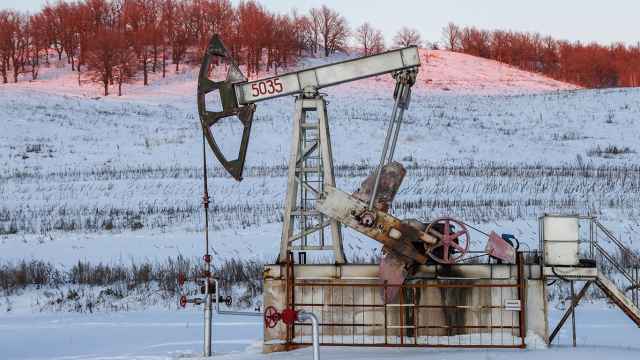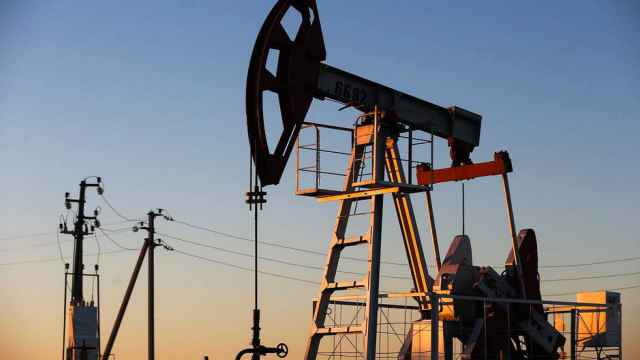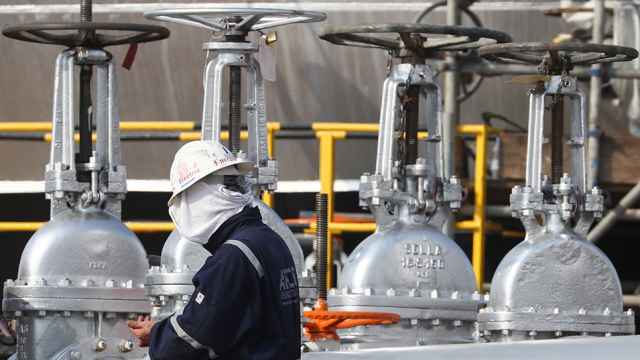Russia is unlikely to agree to deepen cuts in oil output at a meeting with fellow exporters next month, but could commit to extend existing curbs to support Saudi Arabia, three sources said.
The Organization of the Petroleum Exporting Countries meets on Dec. 5 at its headquarters in Vienna, followed by talks with a group of other exporters, which includes Russia, known as OPEC+.
Also on Dec. 5, Saudi Arabia is set to announce the pricing for the public share placement of its energy giant, Saudi Aramco, in what it hopes will be the world's largest IPO. The oil price at the time is likely to be critical to the pricing of the share offering.
The sources told Reuters that OPEC and its allies are worried about weak demand growth in 2020.
Russian President Vladimir Putin set the tone for the December meeting last week, calling Saudi Arabia's position ahead of the talks "tough."
Moscow argues that it will be hard for it to cut oil production voluntarily during the cold winter months, especially in western Siberia, where Russia produces two-thirds of its oil and where most of its well rigs are located.
Experts have said that an oil well could explode if halted in frozen conditions. However, there are risks that extreme low temperatures of around -50 Celsius, could lead to an involuntary production decline.
When the cuts agreement started on Jan. 1 2017, Russia implemented its commitments gradually, only reaching full compliance in May that year.
"We expect uneasy talks in December. Russia will not categorically agree to (deepen) cuts in winter," a source familiar with the matter said on Tuesday. The oil ministry did not respond to a request for comment.
"Surprises a possibility"
In the latest iteration of the deal, OPEC, Russia and some other large oil producers, have agreed to cut their combined oil output by 1.2 million barrels per day from Jan.1. The agreement runs through to the end of March.
"Serious consultations have not yet started. Rollover looks more likely. Russia cannot reduce more in winter time. But surprises are always a possibility," an OPEC source said.
On Monday, a source familiar with the data told Reuters that in November Russia had increased its oil production to 11.25 million barrels per day (bpd), missing its output targets.
Under the pact with OPEC and non-OPEC oil producers, Russia should cap output at around 11.17-11.18 million bpd, according to Reuters calculations, which use a metric ton to barrel ratio of 7.33.
Russian natural gas supplies to China, which are set to start next month, will also boost output of gas condensate, part of the oil mix.
Another industry source said that Russian companies are seeking to boost their output in 2020 to support the state budget.
Alexei Kudrin, a close ally of Putin and head of the Audit Chamber, has said that Russia's budgeted spending will be 1 trillion roubles ($16 billion) lower this year compared to the previous year.
A Message from The Moscow Times:
Dear readers,
We are facing unprecedented challenges. Russia's Prosecutor General's Office has designated The Moscow Times as an "undesirable" organization, criminalizing our work and putting our staff at risk of prosecution. This follows our earlier unjust labeling as a "foreign agent."
These actions are direct attempts to silence independent journalism in Russia. The authorities claim our work "discredits the decisions of the Russian leadership." We see things differently: we strive to provide accurate, unbiased reporting on Russia.
We, the journalists of The Moscow Times, refuse to be silenced. But to continue our work, we need your help.
Your support, no matter how small, makes a world of difference. If you can, please support us monthly starting from just $2. It's quick to set up, and every contribution makes a significant impact.
By supporting The Moscow Times, you're defending open, independent journalism in the face of repression. Thank you for standing with us.
Remind me later.


